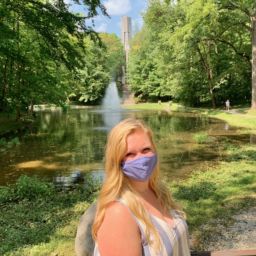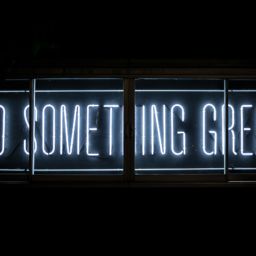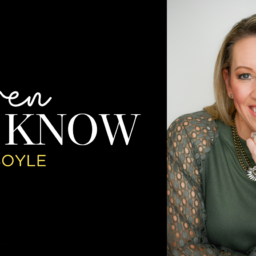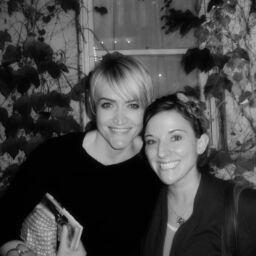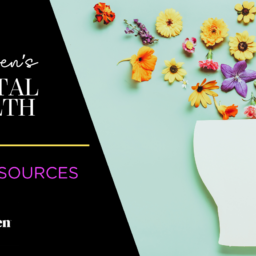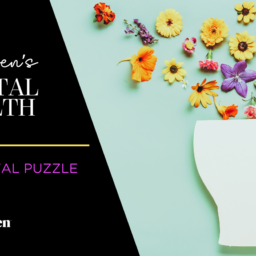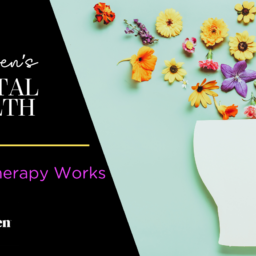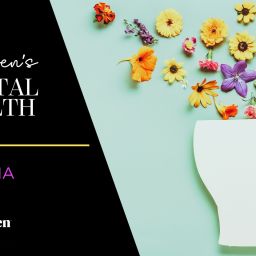
Trigger Warning: This story includes discussion of depression and suicidal thoughts.
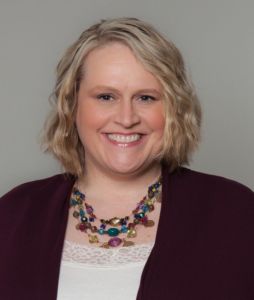 My story begins in June 1989—the summer before college. I saw the movie Dead Poets Society and fell in love. Robin Williams’ character is a new English teacher at an all-boys preparatory school in 1959 New England. He urges his students to live deliberately and tap into their inner poet, despite the stuffy culture of the school. The movie’s message “carpe diem,” Latin for “seize the day” resonated strongly with me.
My story begins in June 1989—the summer before college. I saw the movie Dead Poets Society and fell in love. Robin Williams’ character is a new English teacher at an all-boys preparatory school in 1959 New England. He urges his students to live deliberately and tap into their inner poet, despite the stuffy culture of the school. The movie’s message “carpe diem,” Latin for “seize the day” resonated strongly with me.
I did become an English major, but that’s it. I kept the carpe diem ideology in my head and heart, but didn’t have the courage to act on it. I bounced around a lot in my ‘20s and ‘30s, looking for career contentment. Nothing fed my soul.
I kept reminder magnets on my fridge. Be your own person. Find what you love and the money will follow. I swallowed these words like a hungry child. I wanted those things for myself. I’d start a new job and think, “This is the one,” but quickly realize that something wasn’t right. Over the years, I dealt with micro-managers, bosses with undiagnosed mental illnesses, cronyism and seriously unethical behaviors in the workplace. I thought, “Is this it? Is this all life has to offer?”
As someone who has struggled with depression, I became very disillusioned with my professional life. I wasn’t excited about any jobs and I wondered what the hell was wrong with me. Why couldn’t I be “normal” like everyone else?
I decided it was time to suck it up and get a marketing job at a large global corporation. I thought I was finally on the fast track to success. Until…my depression reared its ugly head. I internalized every mistake and questioned my abilities. I began getting migraines, feeling dizzy and being irritable. I cried on the way to work. I felt myself slipping. I didn’t want to go to work and the depression got worse.
I began feeling suicidal in April of 2013. I saw my psychiatrist, but it was too late. The anti-depressants she prescribed wouldn’t kick in for a few weeks. I was too far into depression. The job was a catalyst for an impending meltdown.
One Friday, I cleared out all personal files on my computer and made a project priority list. It looked like I’d organized my desk and made a list for Monday. The truth was—I thought someone would take over my workload on Monday. I thought it likely that I would kill myself over the weekend.
Instead, I checked into a stress center, thanks to my husband. I stayed there for three days and then did outpatient therapy. It was a hard road back, but I was ready to feel good again. It was time to find my purpose, not just a career. It was time to reclaim my life. I made the decision to become a life coach.
At the first coaching training weekend in Chicago, I felt like I was home. I was finally with people who spoke my language. A life coach. My purpose had a name and I knew it now. I’m honored to help clients work through career transitions and life events. I’ve learned from my clients and it’s a privilege to be in their sacred safe space.
RELATED: THE SEASONS OF A WOMAN
About 30% of my clients are men. Male clients often have no one to talk to because too frequently men don’t talk about emotions with their friends. They have no outlet. They may have wives or partners, but it’s not the same as getting a third-party perspective. I’m seeing how toxic masculinity has disconnected men from their emotional and mental wellbeing. My female clients are dealing with issues like being a single parent during the pandemic, lacking emotional support from partners and trying to be everything to everyone. I see men and women stay in the roles modeled for them growing up. My clients’ experiences are a microcosm of American culture. It seems to cross cultures as well—I see the same issues with clients of all backgrounds.
Many times, we take paths that others have made for us, not realizing our own power. Or we’re forced to take a path that we hate because it’s too hard to change. Twenty-five years passed between Dead Poets Society and my life coaching certification. Believing wasn’t enough. Magnets on the fridge weren’t enough. I had to hit rock bottom to see my potential and take action.
I reap the benefits of the carpe diem ideology now, by witnessing my clients blossom into their true identities, not what society thinks they should be. The “A-ha!” moments and insight they experience is inspirational. I’m finally living the truth I sought all those years ago and I’m humbled by the growth I see in clients. I help them seize the day. Carpe diem, indeed.
Angela Hurley Jorden is a life coach and freelance writer who lives in Indianapolis with her husband, Barry and her dogs, Molly and Murphy. She loves reading Indy Maven weekly.
If you or someone you know is having suicidal thoughts, help is available at the National Suicide Prevention Lifeline at 1-800-273-8255. Or text HELLO to 741741 for the Crisis Text Line. Both services are free and available 24/7.
All of our content—including this article—is completely free. However, we’d love if you would please consider supporting our journalism with an Indy Maven membership.










